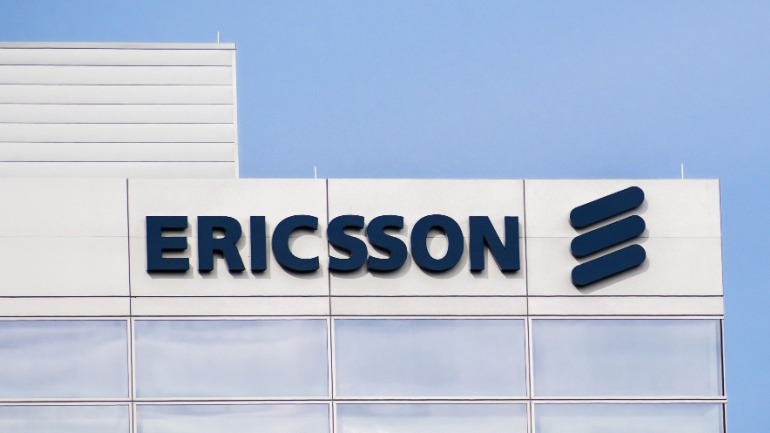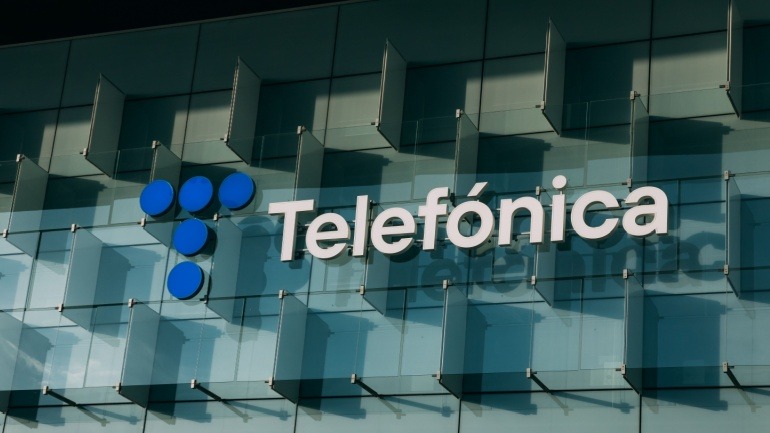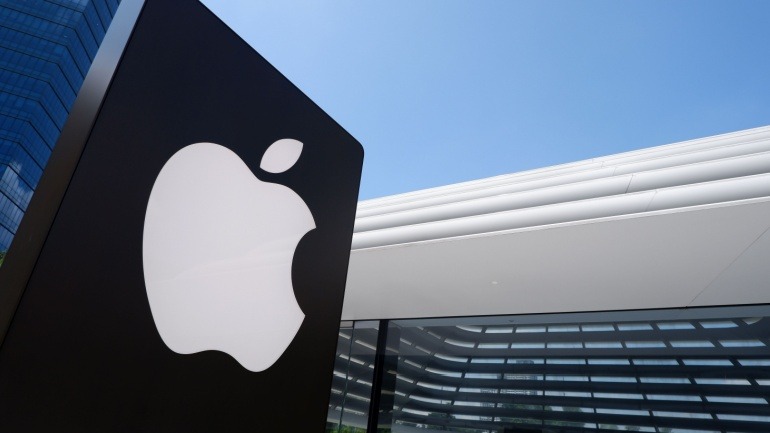BT has sold its remaining stake in its Italian unit to Retelit, propelling Retelit’s expansion and enhancing ICT infrastructure services. This strategic move marks a pivotal step for BT, while streamlining its operations and focusing on the UK market.
Rakuten is reinforcing its European ambitions with a new tech centre in Paris, bringing together experts in AI, cloud, and platform engineering. The hub will drive innovation across its services while fostering collaboration with Rakuten France.
Ericsson reported a 61 percent surge in net income for Q1 2025, driven by strong North American network sales and enterprise wireless growth. Despite the financial boost, CEO Börje Ekholm faces shareholder tension over past acquisitions.
Colt Technology Services is redefining its strategy by divesting eight European data centers to NorthC and a UK-based company, enhancing its focus on digital infrastructure and global network services. This shift aligns with evolving AI and cloud computing demands. Colt’s seamless transition ensures uninterrupted VOIP and connectivity services for its clients.
Vodafone is pioneering an innovative use of its mobile network by conducting a trial in the River Severn area for short-term rainfall prediction, known as nowcasting. By collaborating with Wireless DNA, Vodafone analyzes signal data affected by rain, which can enhance weather forecasting accuracy beyond traditional methods.
Telefonica is retreating from Latin America, selling its 99.3 percent stake in Telefonica del Peru to Integra Tec for under $1 million. The deal highlights the unit’s financial struggles and heavy debts. This move is part of Telefonica’s wider shift toward European and Brazilian markets, reshaping its global strategy.
AI and mobile technologies are set to add $2 trillion to China’s economy by 2030, making up 8.3% of its GDP, according to the GSMA. Driven by 5G and AI integration across industries, especially manufacturing.
In response to a significant tariff hike, Apple has flown five cargo planes of products from India to the U.S. to avoid steep new taxes. This costly decision reflects the urgency U.S. companies face amid trade tensions. As tariffs rise, consumers worry about price hikes, while tech firms like are grappling with increased costs.
The UK’s major mobile operators are challenging Ofcom’s proposed changes to spectrum annual license fees. Despite a proposed 21% reduction in fees for the 900MHz and 1800MHz spectrums, and a 12% increase for the 2100MHz band, operators argue the fees are still too high.
Apple is fighting a UK government demand to weaken its encrypted cloud services, sparking a landmark legal battle. A tribunal ruled the case must be public, rejecting secrecy claims. Privacy advocates hail the decision as a win for digital rights, warning that forced backdoors threaten global security.













